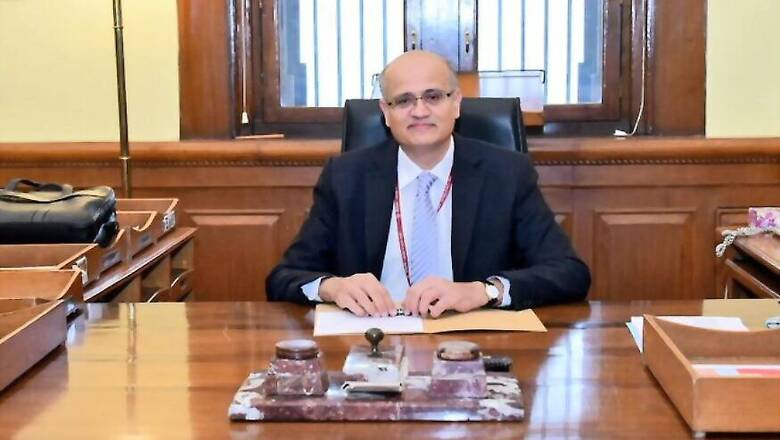
views
New Delhi: There’s a tale about new Foreign Secretary Vijay Gokhale which is worth repeating. In the week leading up to the resolution of the Doklam standoff last August, Gokhale, who was then India’s ambassador to China, had been camped out in Delhi, with daily meetings in South Block and the PMO in a bid to resolve the standoff.
After about a week, he got a call from the Chinese Foreign Ministry, from the office of the diplomat who was deputed by Chinese President Xi Jinping’s office to negotiate on behalf of China. Gokhale took the next flight out to Beijing, but it got delayed due to Cyclone Harvey. By the time he landed in Beijing, it was well past midnight.
He drove straight to the Ministry of Foreign Affairs building in Jianguomenwai. A junior staff from the embassy had to bring a change of shirts. The meeting went on till the wee hours of the morning and was finally resolved. On the morning of August 28, both the Ministry of External Affairs and the Ministry of Foreign Affairs in Beijing announced the “expeditious disengagement” deal, which brought the 72-day face-off to a close.
An old China hand, Gokhale knows fully well that Doklam is not going to be an incident in isolation. Perhaps his biggest challenge in his two-year tenure is going to be from China, a country he knew very well even before he went there as ambassador in 2016.
Gokhale was also Joint Secretary, East Asia and before that a Director in charge of China and East Asia at the MEA headquarters in Delhi.
A 1981-batch IFS officer, Gokhale is also a Mandarin speaker. One of his very first assignments was in the Indian Consulate in Hong Kong, back in the early 1980s.
But Gokhale also represents a new breed of ‘China hands’ at the MEA. A breed that believes in directly and bluntly speaking to the Chinese without being bleary-eyed about the past or the future.
But it’s not just China that he’ll have to contend with. India’s Pakistan policy is a mess. In fact, there has been no high-level engagement since the Pathankot terror attack which happened on the second day of 2016. It’s been over two years now. Permanent impasse is not an option in diplomacy.
In some form or fashion, India will have to engage with Pakistan. After Trump’s fiery tweet on January 1, there has been a visible step up of attacks inside Afghanistan. It’s too early to say, but the hand of the ISI and other Pakistani agencies cannot be ruled out in such a series of violent attacks. If this portends to a resurgence of the Taliban, it will have very real and dangerous consequences for India.
Other countries in the neighbourhood too will pose a challenge. The new Nepalese Prime Minister KP Oli is not a fan of India. There is a feeling in Kathmandu that India still has not atoned for the 2015 blockade, which led to a massive fuel shortage in Nepal.
In Sri Lanka, even though the new Sirisena government is more amenable to India, the Chinese influence is increasing, not decreasing.
Maldives is the only neighbouring country that Prime Minister Narendra Modi has not visited. And he has been to 65 countries as of last count.
Bangladesh will also be in election mode for the next year and could possibly see a return of Khaleda Zia, the former premier, who, suffice to say, is not a big friend of India.
All in all, the next two years are going to be exciting, to say the least.












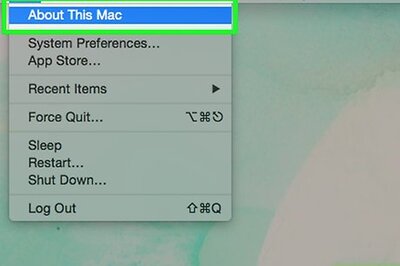
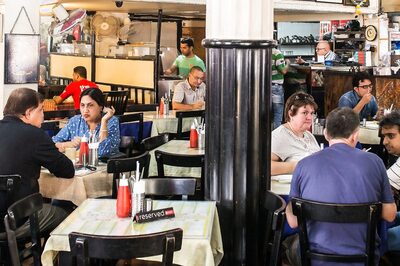
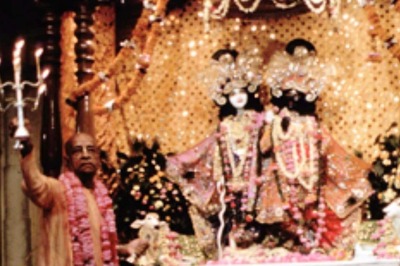


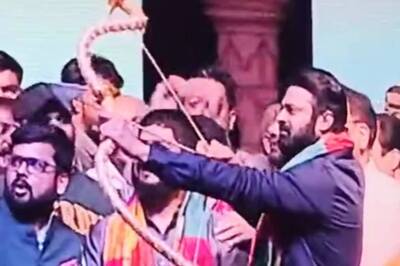

Comments
0 comment